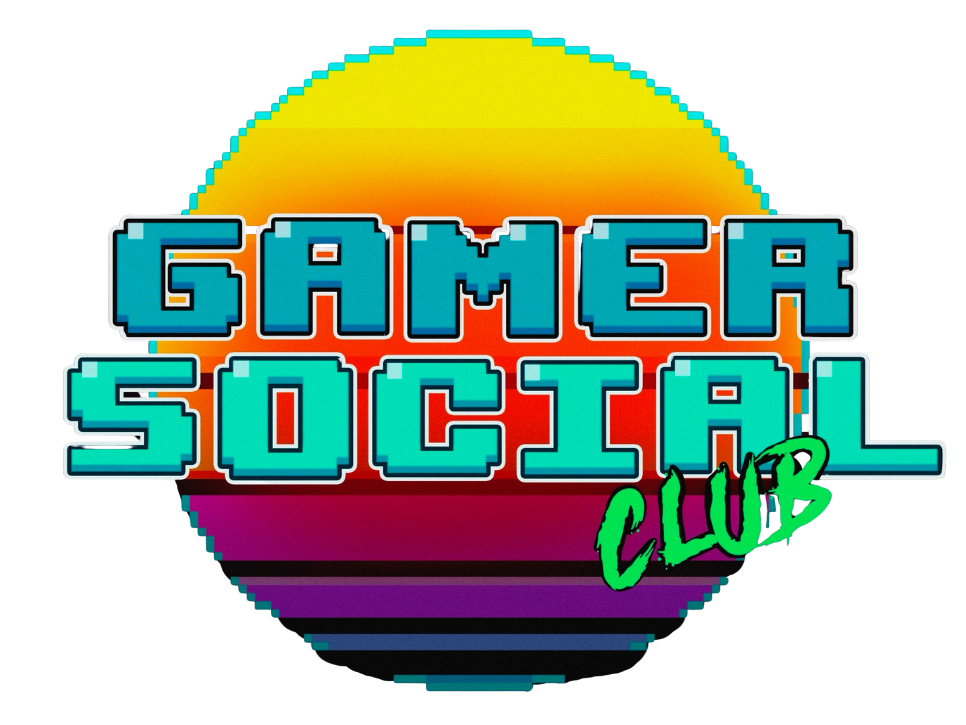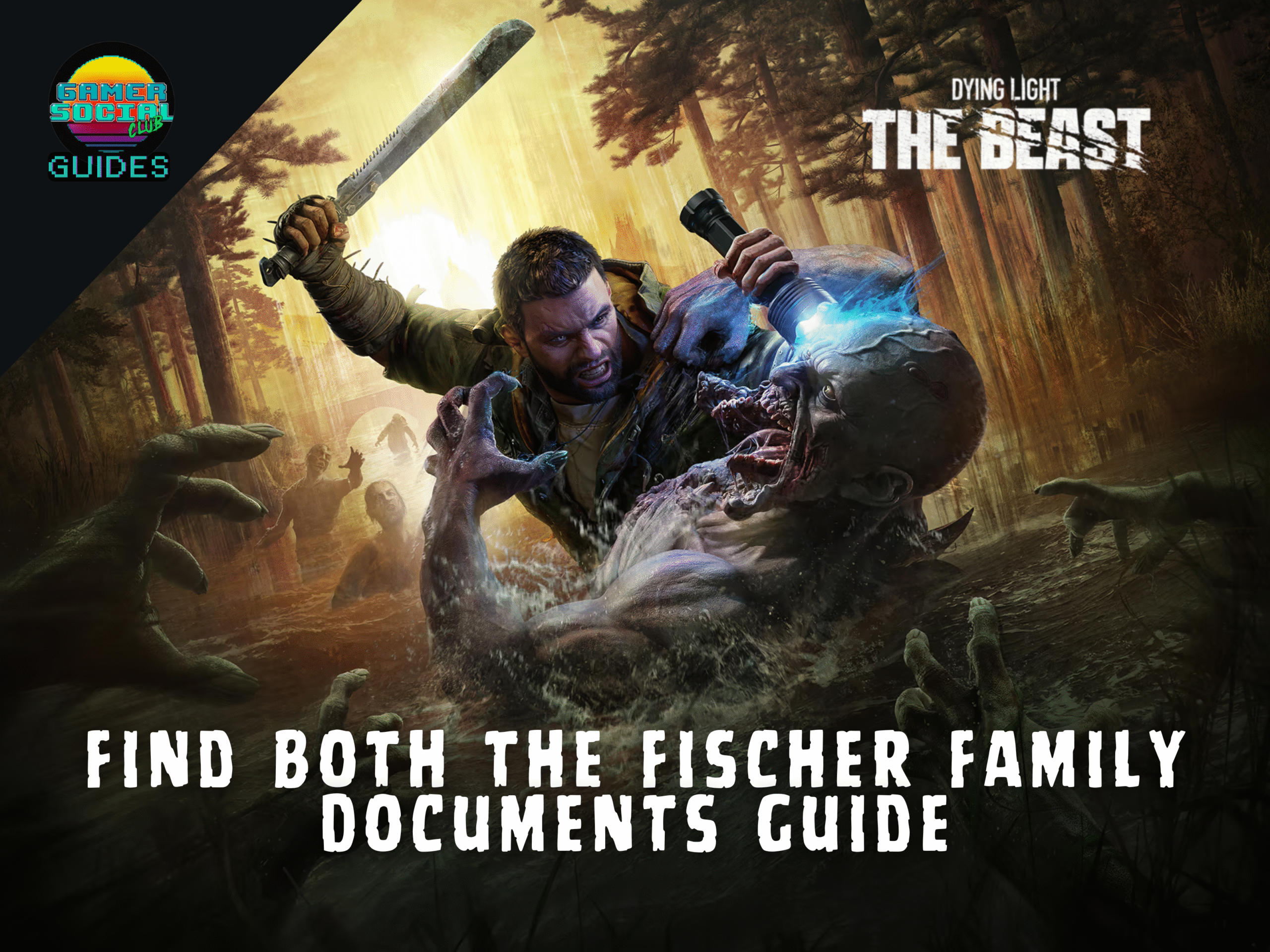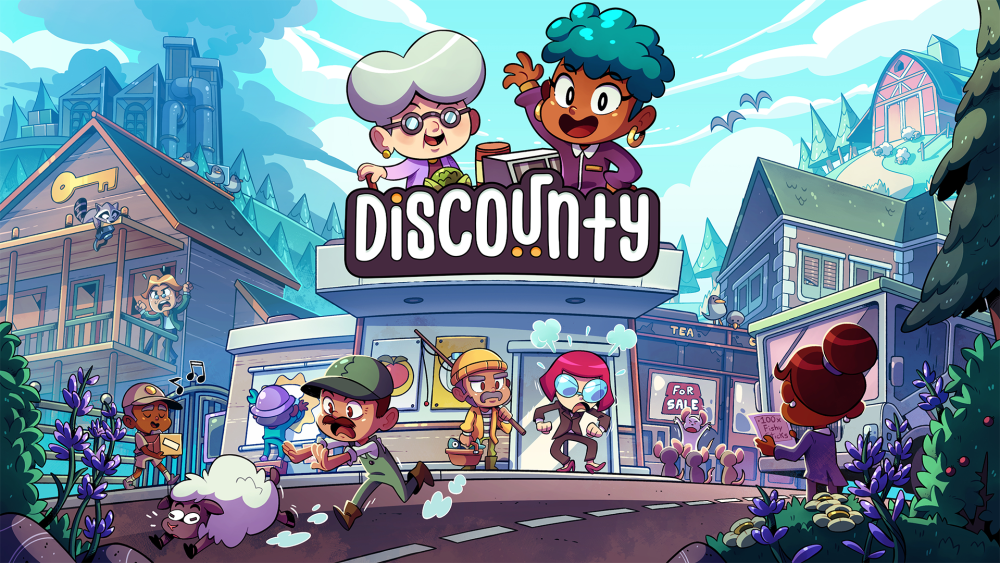I first came across the work of Nama Takahashi on Twitter/X in 2024, when he was working on his fourth game, ElecHead. A charming 2D puzzle platformer that bases its gameplay on a single element – electricity. I waited patiently for the game to launch, buying it on my Xbox and finishing the game the very same day. Though my time with ElecHead was short-lived, I couldn’t have asked for a better experience! The game was polished, with delightful pixel art and an upbeat chiptune soundtrack, but it was the gameplay that had me enraptured. It would be these same factors that got me excited for Takahashi-san’s next title, Öoo.

Many games introduce exciting mechanics only to abandon them, leaving players wondering what could have been. Takahashi, however, explores every facet of his self-imposed design rules, ensuring no idea goes to waste. The level of satisfaction I felt as I played through ElecHead is something I have experienced rarely in other games. Each puzzle felt like Takahashi experimenting with the rules he had devised, and every time I solved one, it added to my understanding of the game.
Öoo, his next project, follows the same design ethos"”this time with a focus on bombs! Excited by the prospect of another carefully crafted experience, I reached out to Takahashi to learn more about his process, and he was kind enough to share insights into his design philosophy.
Your games fully explore a single mechanic without leaving ideas on the table. What draws you to this design philosophy, and how do you determine whether a mechanic has enough depth to sustain an entire game?
This is due to both practical reasons"”limited resources"”and personal reasons"”my personality.
When making a game with limited time and effort, instead of cramming in a lot of elements, it is much more reasonable to delve deeply into a single mechanic and create as many variations as possible. This approach allows for a wide range of gameplay experiences while keeping the development workload manageable.
But that's not the only reason. Personally, I have a strong tendency to thoroughly experiment with a single mechanic. I can't help but wonder, "Does this mechanic have hidden potential?" and I really enjoy those moments when a small change creates an entirely new way to play.
I determine whether a mechanic has enough depth to stand on its own as a game by evaluating how many ideas naturally emerge from it. If, as I experiment, I keep coming up with thoughts like, "This could make an interesting stage" or "This situation would be fun," then the mechanic likely has enough substance to support a full game. On the other hand, if after a few tests, I feel like "there's not much more I can do with this," then the mechanic alone isn't sufficient, or a different approach is needed.
That's why, in every game I make, I focus on digging deep into a single mechanic while carefully observing whether it naturally expands into diverse gameplay possibilities.

Having worked on multiple small, focused projects, what are the biggest lessons you've learned about game design and development? Would you approach anything differently now compared to when you first started?
The biggest lesson I've learned from designing and developing games is that "coming up with an idea is not enough; what matters is how you communicate it to the player."
No matter how interesting or unique a system is, if it isn't conveyed to the player, it's meaningless. A game is essentially a form of communication between the developer and the player, and it's not just about presenting information"”it's about ensuring that the player intuitively understands it. For example, UI elements, visual effects, and character behavior can all serve as nonverbal explanations.
Early in my development journey, I often thought, "This system is fun, so it should work!" But now, I always consider "How can I effectively communicate this system to the player?" as part of the process.
Coming up with an idea is just the starting point; a game only truly comes to life once that idea is properly conveyed. Keeping that mindset is crucial.
Your games encourage players to experiment and discover solutions in clever ways. How do you balance making puzzles that are challenging but still intuitive to solve?
When it comes to balancing a game, this might be something many developers say, but I believe that repeated playtesting is essential.
Personally, I find it difficult to judge balance solely on my own. That's why I make adjustments while closely observing how players react.
However, if there's one thing that sets me apart from other developers, it's that I'm not afraid to create challenging puzzles from the start.
If you focus too much on balance early on, the experience tends to become too safe and predictable. That's why I prefer to start with something that has sharp edges"”something bold and distinctive.
From there, through playtesting, I gradually shave down the rough edges. This way, what remains at the end isn't just a "well-balanced" game but a game that still retains its sharpness, something that truly stands out.

When developing a game like Öoo, how do you know when you’ve pushed a mechanic far enough? Do you ever scrap ideas that feel like they don't fit, or do you try to refine them into the core design?
I believe that a mechanic can always be explored further when combined with others, and even when I feel like I've thoroughly pursued an idea, new inspirations often emerge unexpectedly during development. That's why I never think, "This mechanic has been fully explored," nor do I try to reach that conclusion. However, if I don't set a stopping point, development could go on forever. So once I reach the planned number of stages or overall volume, I deliberately avoid overthinking it.
As for ideas that don't quite fit the game, I don't discard them immediately, nor do I force them into the main game.
Instead, I often save them, as they might find a place in DLCs, future projects, or even game jams.
Your games have a distinct identity, with minimalist yet deeply creative mechanics. Do you see yourself continuing in this direction, or are there other styles or genres you'd like to explore in the future?
People often say that my games feel minimalistic yet uniquely distinctive, but that's not something I consciously aim for"”it's more of an unconscious byproduct of my personality, as I mentioned in my previous answer. In that sense, this design style almost feels like a curse. No matter how much I try to explore different styles, I always end up distilling things down to simple elements. But I don't see that as a bad thing. Instead, I embrace it as my identity and aim to find new challenges within that framework.
That said, I don't intend to keep doing the same thing. Moving forward, I want to push for more surprises and depth within a minimalist presentation.
Ultimately, I may never escape my own instincts, but I want to enjoy that "curse" and continue creating new and exciting games.
I would like to thank Takahashi-san for taking the time to answer my questions so thoughtfully and thoroughly, giving us a greater insight into his design ethos.
Öoo is set to release on August 8th, 2025, on PC(Steam).




